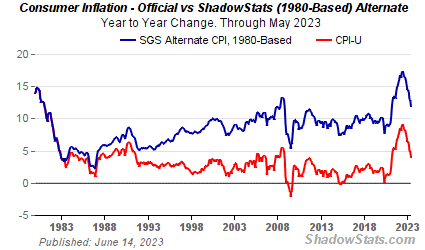The median house price in Georgia is now $232,144. In 2000 it was $111,2000. That is slightly over double in 21 years. That would mean inflation rate on housing is around 3.5% per year in Georgia. I don't know all of the food items, but bread is about double and milk is only up about 21%. Meat is up greatly, but most of that happened in the COVID shutdowns, not during normal inflation. I would guess overall food costs are close to double what it was in 2000. Once again that is around 3.4% per year inflation.
Healthcare costs have risen much faster than other parts of the consumer price index. There are a myriad of reasons: Technology(Including advanced medicines), pharmacy brokers, regulation compliance, overbuilding, use of medical care for issues that weren't taken to doctors years ago, etc. Total healthcare costs in the US have gone from $1.3 trillion to $3.8 trillion since 2000. That is an increase of about 3 times. That would be an average inflation rate of about 5.4% for healthcare since 2000. Higher than other items, but still not 8% and still not anywhere close to 10%, and that is the one item of the CPI that has increased more than others.
The chart that you posted does not hold up to scrutiny.



